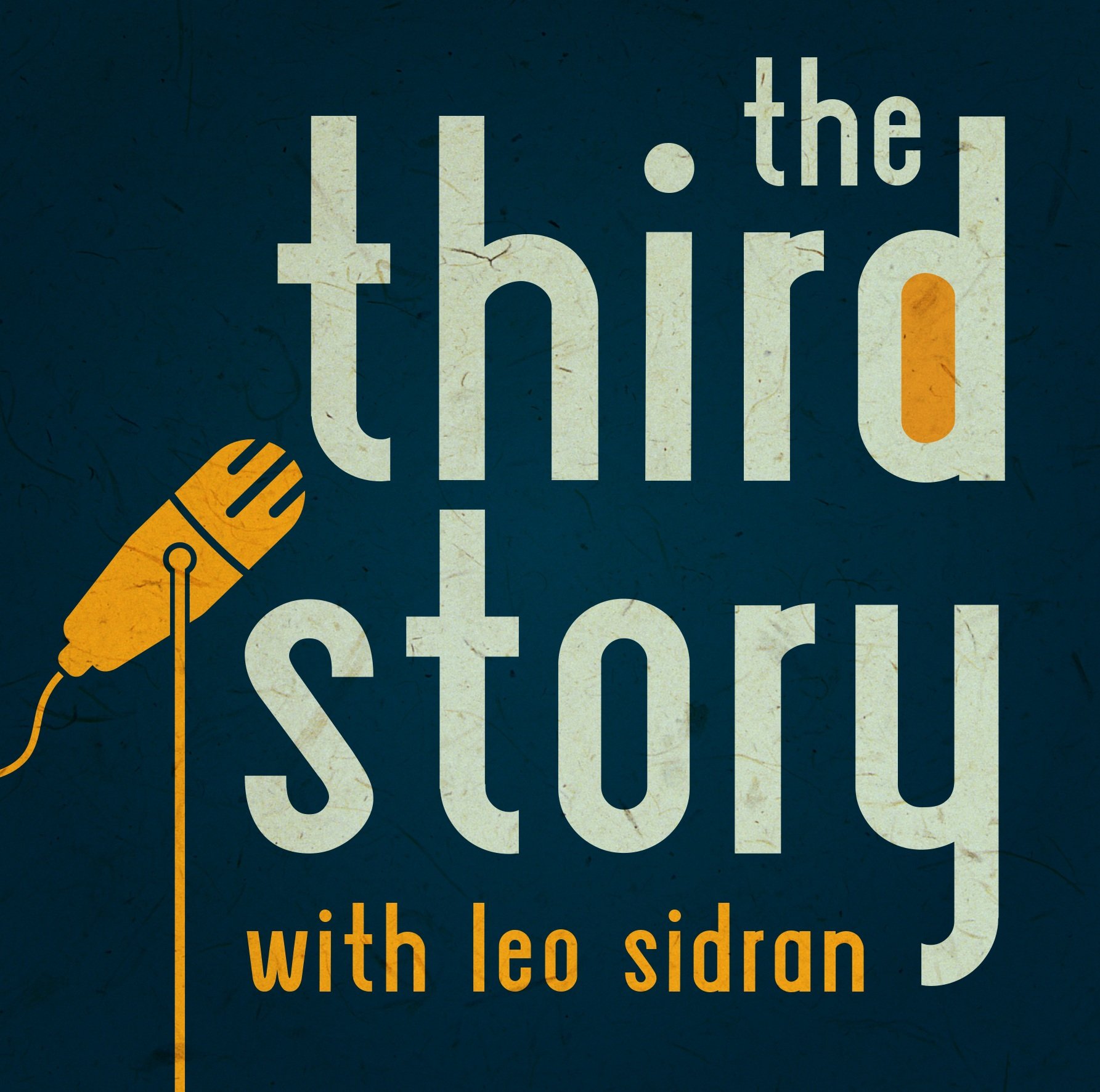301: Mary Sweeney Returns
In 2018, film editor, producer, writer, and director Mary Sweeney sat down for a wide-ranging conversation about her career — from growing up in Madison, Wisconsin, to collaborating with one of the most visionary directors of our time, David Lynch. That conversation traced her evolution as an artist, her pivotal role in shaping films like Lost Highway, The Straight Story, and Mulholland Drive, and the intimate creative and personal relationship she shared with Lynch.
Seven years later, in the wake of Lynch’s death in early 2025, Sweeney returns for a follow-up conversation — recorded in a Paris hotel room nearly to the day of the original talk. While she has grown and evolved in the intervening years, she is also, unmistakably, in the process of mourning. This new conversation captures a deeply human moment: a woman navigating the complexities of grief, memory, and creative identity after the loss of a longtime collaborator and partner.
Sweeney reflects not only on the legacy of her work with Lynch, but also on her ongoing life as an artist, mentor, and teacher. She speaks candidly about the challenge of being defined by a past she helped create, even as she seeks to shape new stories. There’s a tension between wanting to move forward and being drawn back to moments that shaped her — and a palpable vulnerability in her willingness to explore that contradiction publicly.
With Mary Sweeney in Paris, 2025
Paris itself plays a quiet role in the conversation — a place of reflection and ritual that has become part of Sweeney’s life in recent years. The setting adds to the emotional texture of the interview: past and present gently overlapping in a city known for memory and reinvention.
If the first conversation served as a kind of time capsule — a snapshot of a creative life at a particular moment — this follow-up serves as both an epilogue and a revision. It expands the story, complicates it, and deepens it. In the language of film, it might be called a director’s cut: longer, more revealing, more personal.
Ultimately, this episode is about how stories are shaped, reshaped, and sometimes reclaimed. About how we carry our experiences forward. And about how, even in the face of loss, we find ways to keep creating — and keep becoming.


